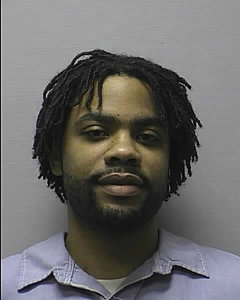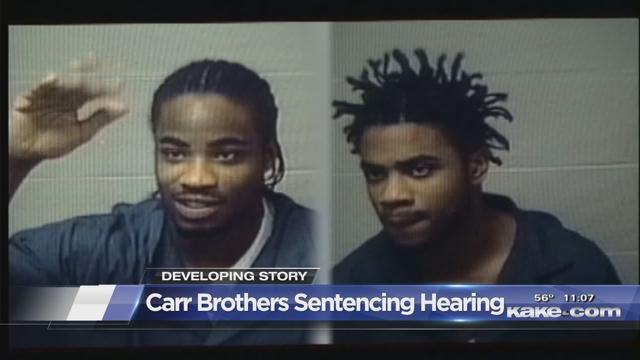


Justice Scalia wrote a concurring opinion in this case where he claimed: The US Supreme Court overturned this decision in June 2006. The Kansas Supreme Court ruled that the death penalty statute was unconstitutional because of its requirement that, when a jury finds during a sentencing hearing that the mitigating and aggravating factors are equal, they must choose death. Marsh was convicted and sentenced to death for the killings of Marry Ane and Marry Elizabeth Pusch in 1996.

They were both executed by hanging on April 14, 1965. Richard “Dick” Hickok and Perry Smith, two parolees, were convicted of the murders. It was part of a six-day crime spree that left one other person dead.The murders of Herbert Clutter, his wife and two of his children in Holcomb became one of Kansas’ most famous cases when Truman Capote chronicled the murders and the trial in his 1966 book, “In Cold Blood.” The Carr brothers were sentenced to death for a brutal home invasion in December 2000 that included robbery, rape, torture and eventually the execution-style murders of four people. So if that’s what the courts have ruled, that’s what the courts have ruled.” “But you know, the death penalty is legal in the state of Kansas and there’s nothing I can do about that at this point. “I am not aware of that,” the governor said at a bill signing ceremony about four hours after the court decision. Laura Kelly largely deflected a question of whether she’d allow the Carr executions to go forward, saying she hadn’t heard about the state Supreme Court upholding their death sentence. A three-member Prisoner Review Board made up of Department of Corrections officials reviews clemency petitions and advises the governor. Kansas grants its governors the exclusive power to pardon criminals and commute criminal sentences. ▪ The third will be a last-ditch request for clemency from the governor. ▪ The second will be habeus corpus appeals where they can raise issues such as whether the method of execution, in this case lethal injection, constitutes cruel and unusual punishment under the constitution.


 0 kommentar(er)
0 kommentar(er)
